Have we bridged the gap of integrating Black British History into education?
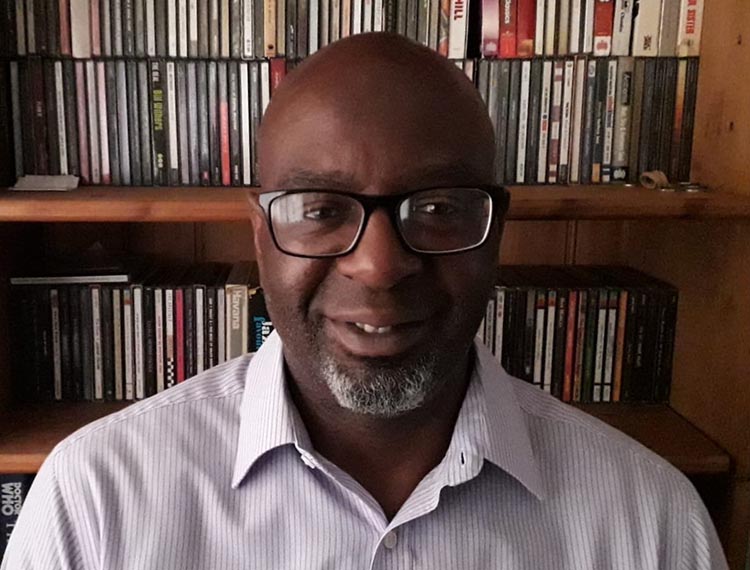
At the end of another #BlackHistoryMonth in 2020, I posed a question of whether this year would be different.
Would it be enhanced and more integrated into society?
Would we as a community have a greater understanding and tolerance of our cultures.
Sadly, looking over a summer of internet bile spewed towards black, British footballers and the treatment by police in the tragic deaths of Bibaa Henry and her sister Nicole Smallman, we can only conclude, in line with the IOPC, that we have a long way to go.
What have you contributed lately?
In a number of articles and opinions on BHM and BLM in this publication, we can hope to change individuals and community by educating and sharing our experiences. In June a debate on black history and cultural diversity in the national curricula was discussed by committee, opened by Chris Evans MP.
The government response was in my opinion muted at best as they stated, ‘History is taught a key stage 3 including statutory themes of “ideas, political power, industry and empire. Britain 1745-1901. With topics within statutory themes chosen by schools and teachers”. Schools minister, Nick Gibb, MP – official from DoE.
How does this value the contribution to British culture by the thousands of pioneers, engineers, innovators, scientists, business people, inventors, artists and ordinary workers from Caribbean, African and former commonwealth countries.
A Black History Month is a glass ceiling, time for a new door!
Many people argue that we should integrate the contribution of people of colour to the UK in schools and colleges in order to integrate ideas and gain respect for the work others have pioneered. IN schools, having a theme of Black History Month to focus the knowledge of young people is working but only as a foundation to develop further learning. Having LGBTQ month or Disability week has a focal point and raises questions, but it also highlights some divisive language and behaviour as BHM equally does.
As my sister and many others say ‘I am black all year, not just for one month’. It is the privilege of educators to support and inspire young people to not only learn through education as a right but also to create and guide them on a journey to learn independently about history and Black British history, is part of that journey. Yet it has the brakes on, holding back learning in a wider participation by omitting the contribution of black people in Britain.
White-washing away history.
We have spoken about the KS3 history module ‘History is taught a key stage 3 including statutory themes of ideas, political power, industry and empire’. But whose Empire? Whose ideas, power or industry, not from the non -white viewpoint. Look at the curricula at present in history.
KS1– study of historical figures. It is suggested we study Rosa Parks and Mary Seacole. Alternatively they could study- Amy Ashwood Garvey, Olaudah Equiano, Queen Charlotte, St .George of Cappadocia or Septimus Severus.
KS2– Study non european society in contrast to British. Suggests Benin (west Africa 900-1300 AD. Alternatively they might study – Indian Independence and the influence of Gandhi.
KS3– The transatlantic slave trade, Haitan revelotion and role of former slaves. Alternatively -The Black Power movement in Britain, Bristol boycott, Black Poppies, Language and dialect in oral traditions brought to Britain.
KS4– Develop your own knowledge of specific key events. Do they have the foundation at 1-3 to develop. Suggested websites; Windrush Foundation, Our migration story, NHS at 70, Institute of historical research.
Alternative might be; Northern Mills, Carnival, Black British Music, The Dutch pot and Spices, The ‘Front Room’, Prejudice, riots and resistance, Sound systems, Diaspora and building Britain, Black Identity, Newcross fire, Mangrove, 17th Century icons, Black British Literature, Black rituals -costumes -dance and death.
Time to build bridges.
If the alternative key skills themes can be integrated into the curriculum in schools and in further education, we may have a method of both developing a dialogue which young people value in terms of their understanding of the rich history of the country to improve the gap that seems to widen with each generation.
Bringing together people in the future with understanding their own and other peoples past engages and supports both the individual in the classroom as well as the community. I developed the above as part of a curriculum and hope it will be integrated into an FE by 2022.
As educators, I asked the question whether we can have a different BHM in 2020. I believe this needs to be revised to ask institutions, classrooms, teachers, tutors, directors of learning, principals and education ministers, we are all history and part of that should acknowledge the contribution of black culture in Britain, not as a monthly gesture of film, programmes and posters, but fully integrated into our classroom, streets, buildings and society.
So I ask, do we have the strength, will, ability and knowledge to ‘bridge the gap?’ If we do, what do we need to make it happen by 2022?’
Peter Ejedewe



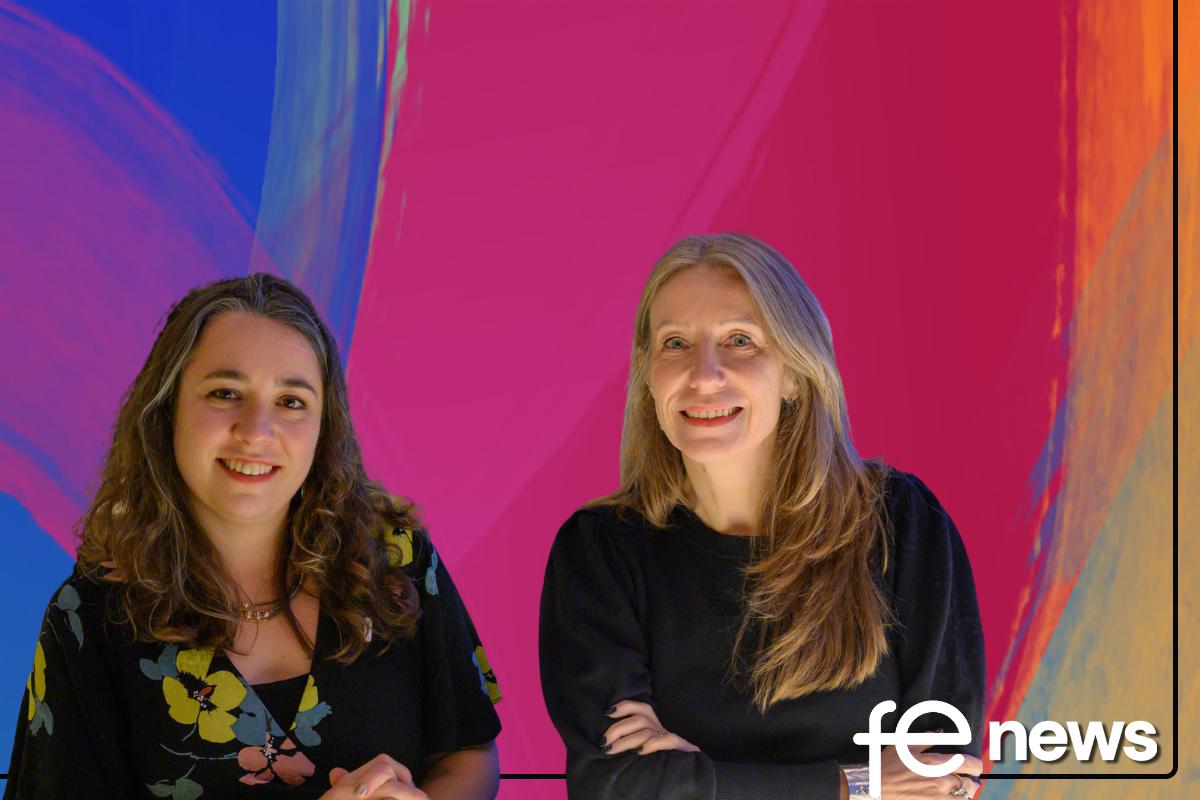

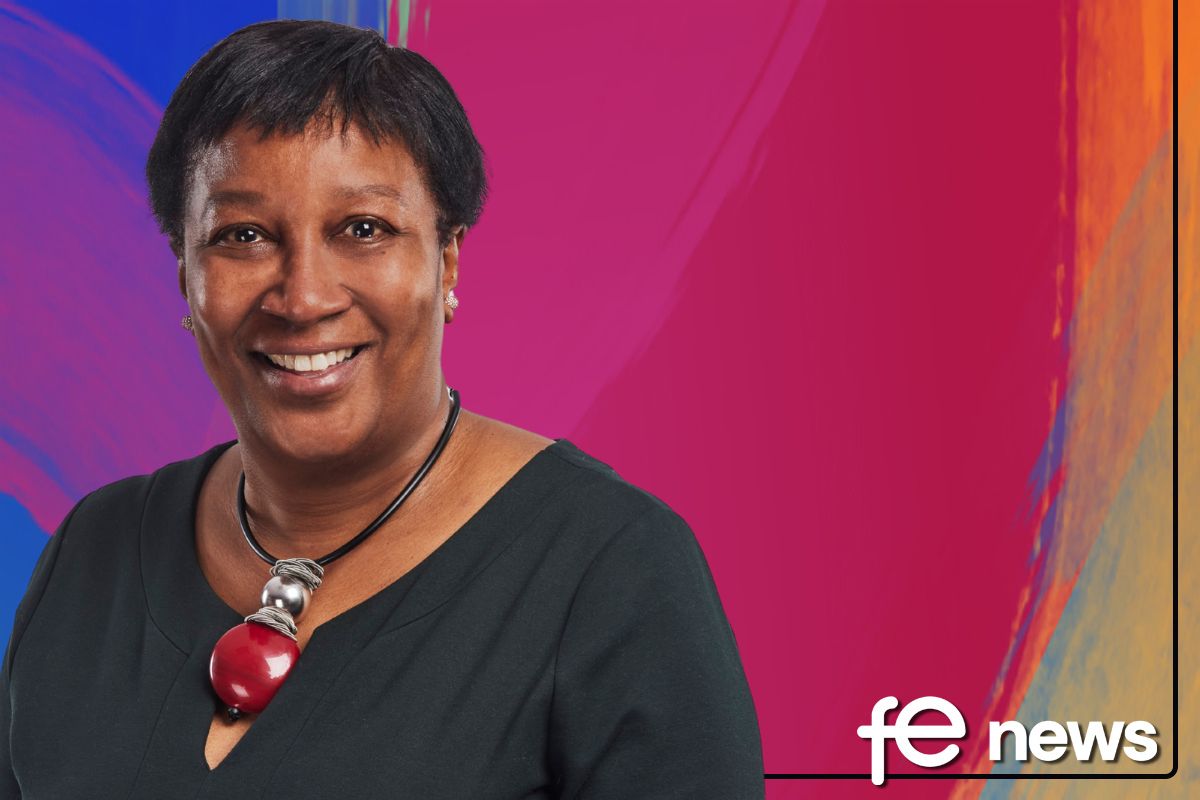
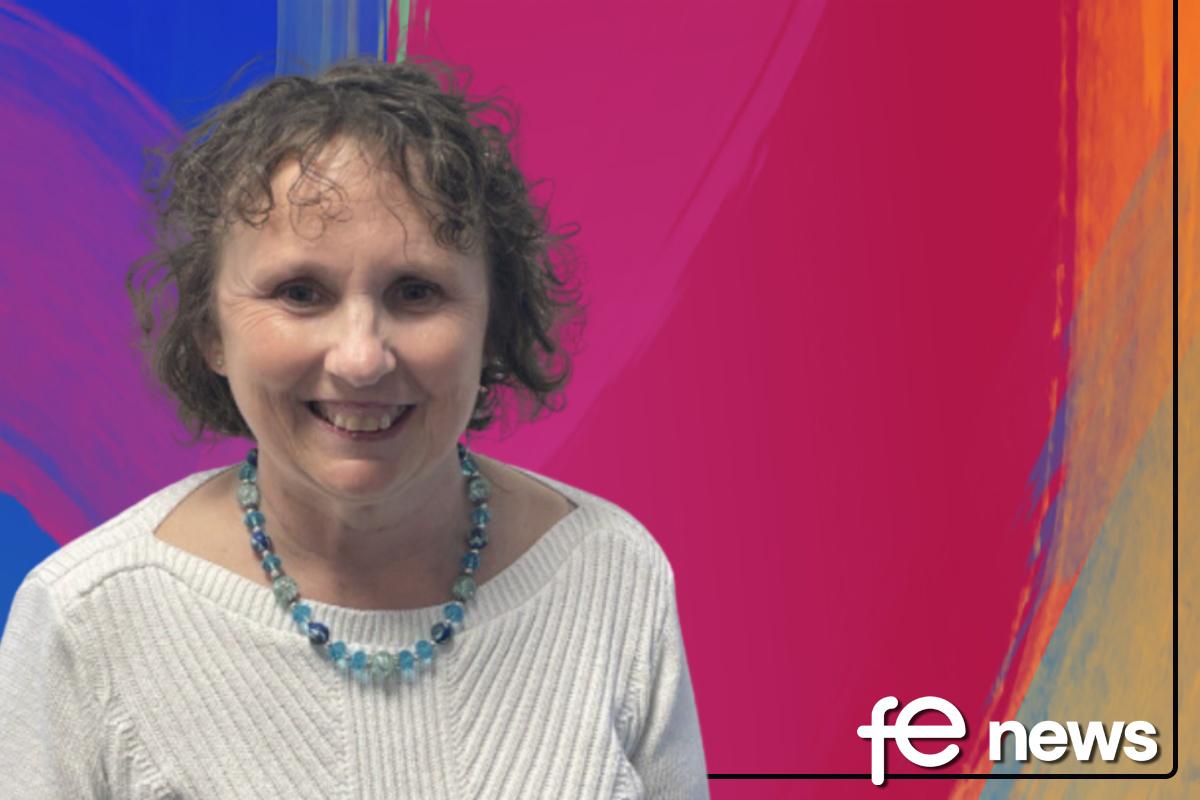

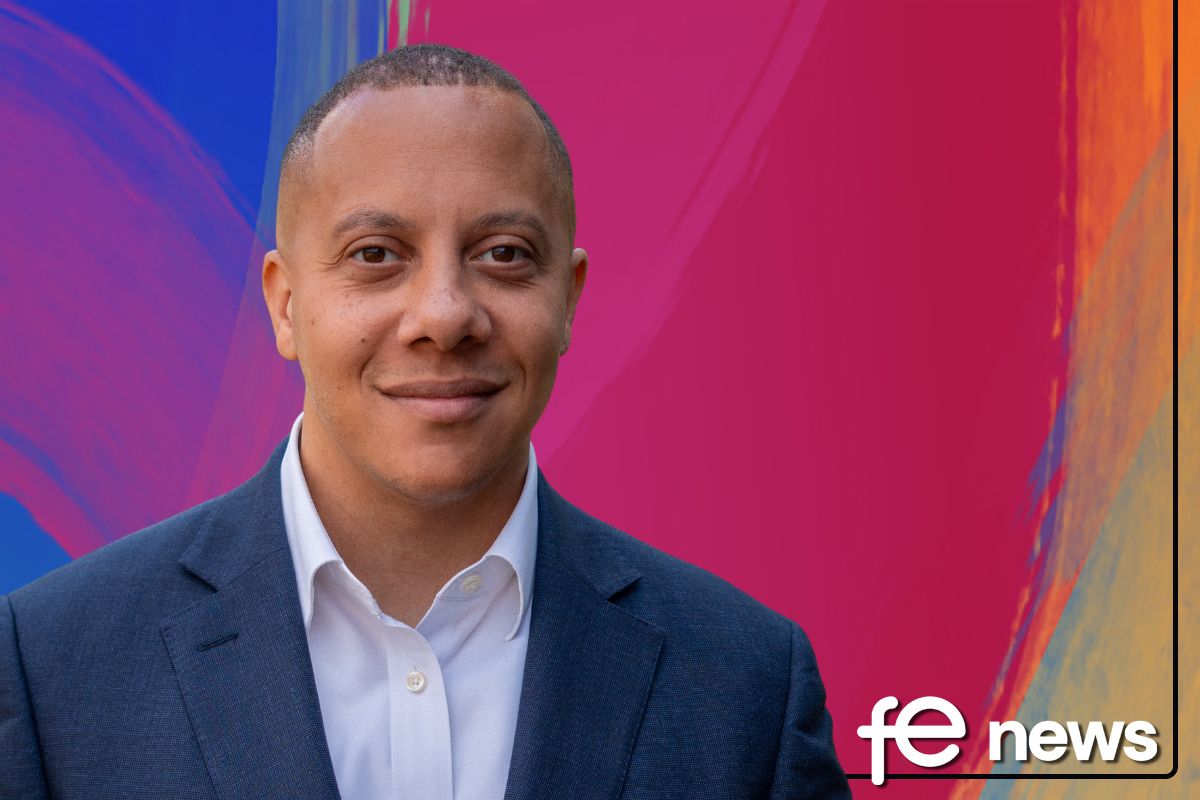

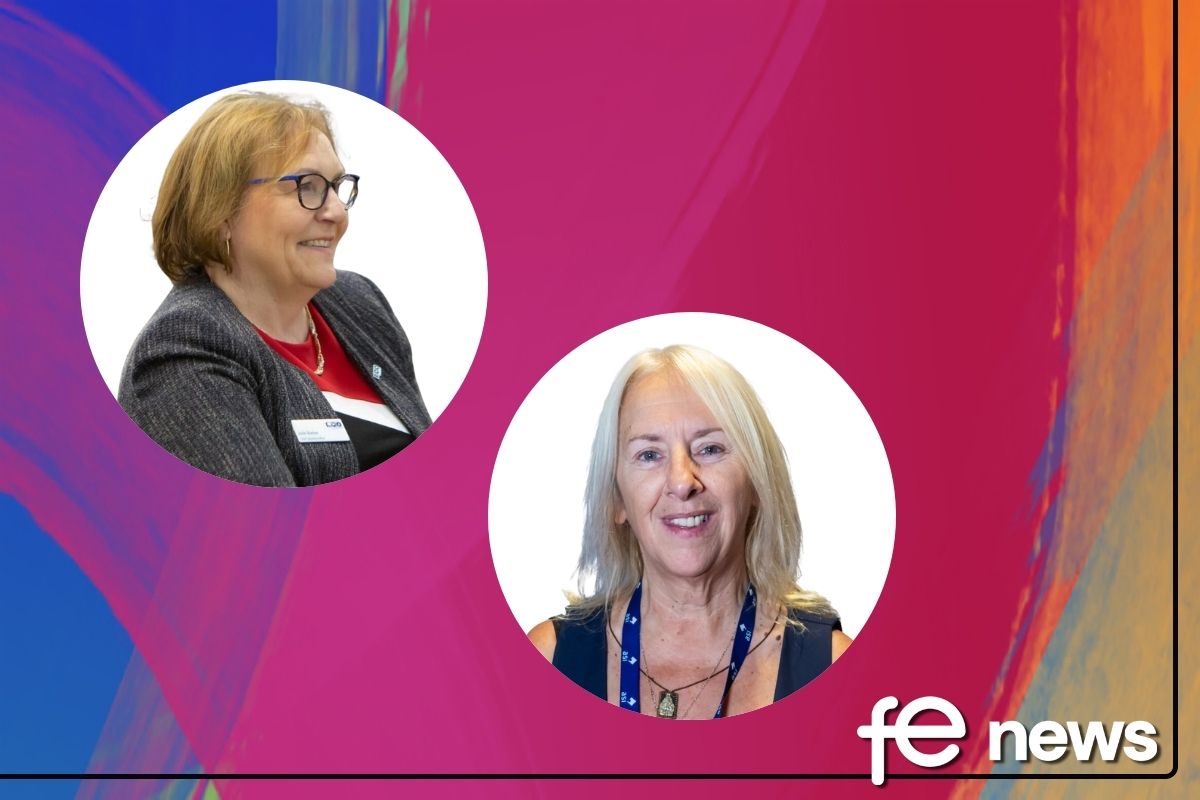
Responses